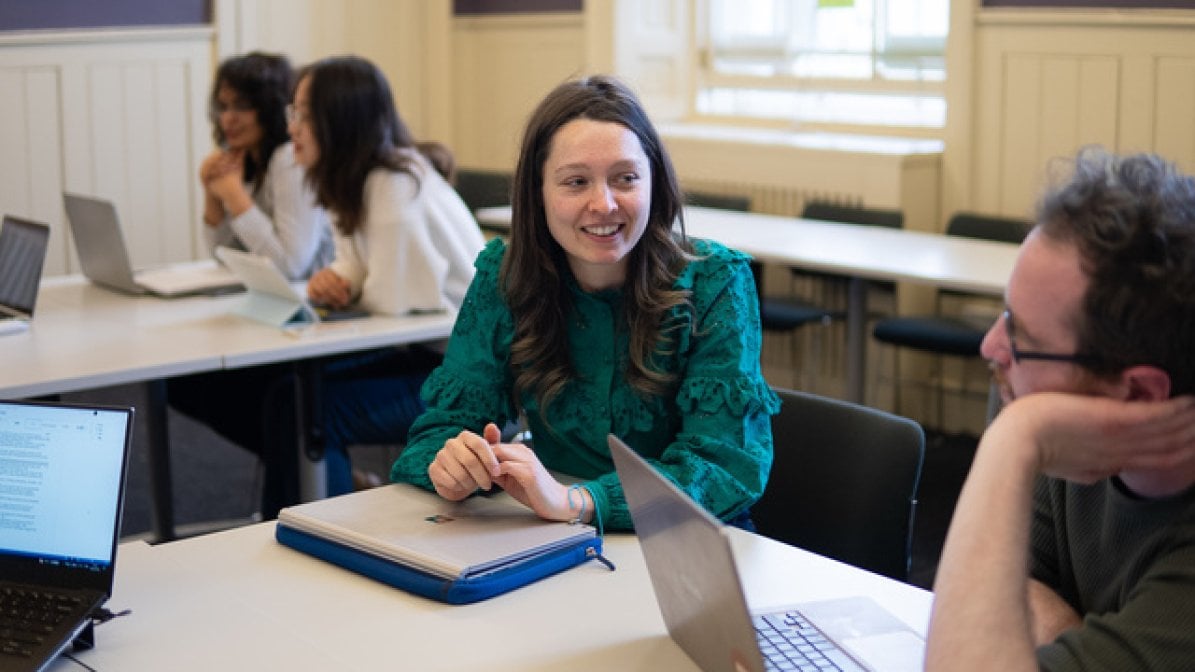
Make sure you discuss all your needs
If you have more than one diagnosis or condition, make sure you share each individual condition on your DSA application. DSA will only be able to provide you support for the diagnoses you've highlighted on your application.
Make sure you cover everything so you can get everything you need.

